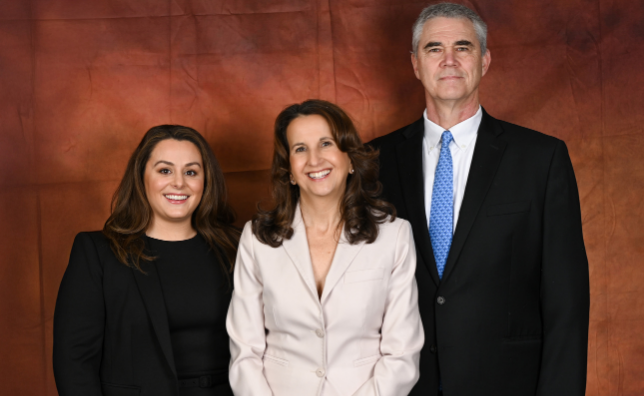“Someone was always available. It was usually Carolyn herself, and she would pick up on one ring. There was a time when I think I called her around nine o’clock. I had a question pop into my head, so I knew she was off the clock doing family stuff, but she still hopped on the phone and took care of the stuff that she knew I was concerned about.”
Free Consultation
(617) 523-1000
Text Us
(617) 797-2203
Menu
- Home
- About Our Firm
- Our Team
- Reasons To Choose Us
- Awards Memberships
- Who We Have Gone Against
- Next Step
- Service Areas
- Atlantic City Area Maritime Injury Lawyer
- Baltimore Area Maritime Injury Lawyer
- Barnegat Area Maritime Injury Lawyer
- Belford Area Maritime Injury Lawyer
- Boston Area Maritime Injury Lawyer
- Bridgeport Area Maritime Injury Lawyer
- Camden Area Maritime Injury Lawyer
- Cape Canaveral Area Maritime Injury Lawyer
- Cape Cod Maritime Injury Lawyer
- Cape May Area Maritime Injury Lawyer
- Charleston Area Maritime Injury Lawyer
- Eastport Area Maritime Injury Lawyer
- Ft Lauderdale Area Maritime Injury Lawyer
- Gloucester Area Maritime Injury Lawyer
- Hampton Area Maritime Injury Lawyer
- Hampton Roads Area Maritime Injury Lawyer
- Jacksonville Area Maritime Injury Lawyer
- Miami Area Maritime Injury Lawyer
- Milford Area Maritime Injury Lawyer
- Narragansett Area Maritime Injury Lawyer
- New Bedford Area Maritime Injury Lawyer
- New Haven Maritime Injury Lawyer
- Newport News Area Maritime Injury Lawyer
- Norfolk Area Maritime Injury Lawyer
- North Kingstown Area Maritime Injury Lawyer
- Ocean City Area Maritime Injury Lawyer
- Panama City Area Maritime Injury Lawyer
- Pensacola Area Maritime Injury Lawyer
- Point Judith Area Maritime Injury Lawyer
- Point Pleasant Area Maritime Injury Lawyer
- Portland Maine Maritime Injury Lawyer
- Portsmouth Area Maritime Injury Lawyer
- Providence Area Maritime Injury Lawyer
- Reedville Area Maritime Injury Lawyer
- Rockland Me Maritime Injury Lawyer
- Rye Area Maritime Injury Lawyer
- Seabrook Area Maritime Injury Lawyer
- Stonington Area Maritime Injury Lawyer
- Tampa Area Maritime Injury Lawyer
- Vinalhaven Area Maritime Injury Lawyer
- Wildwood Area Maritime Injury Lawyer
- Winter Harbor Area Maritime Injury Lawyer
- Who Do We Help
- Practice Areas
- Maritime Law
- Verdicts and Settlements
- Testimonials
- Video Library
- Blog
- Contact Us

